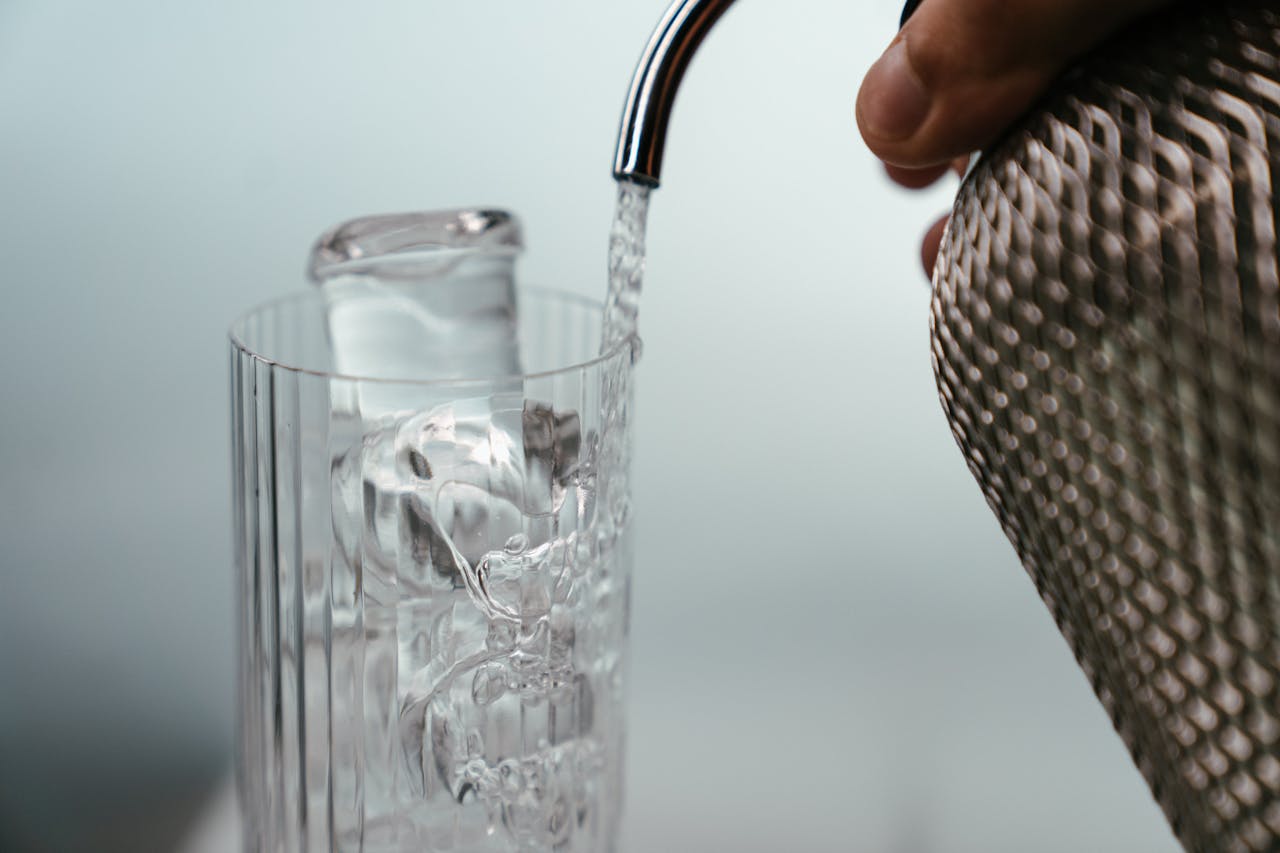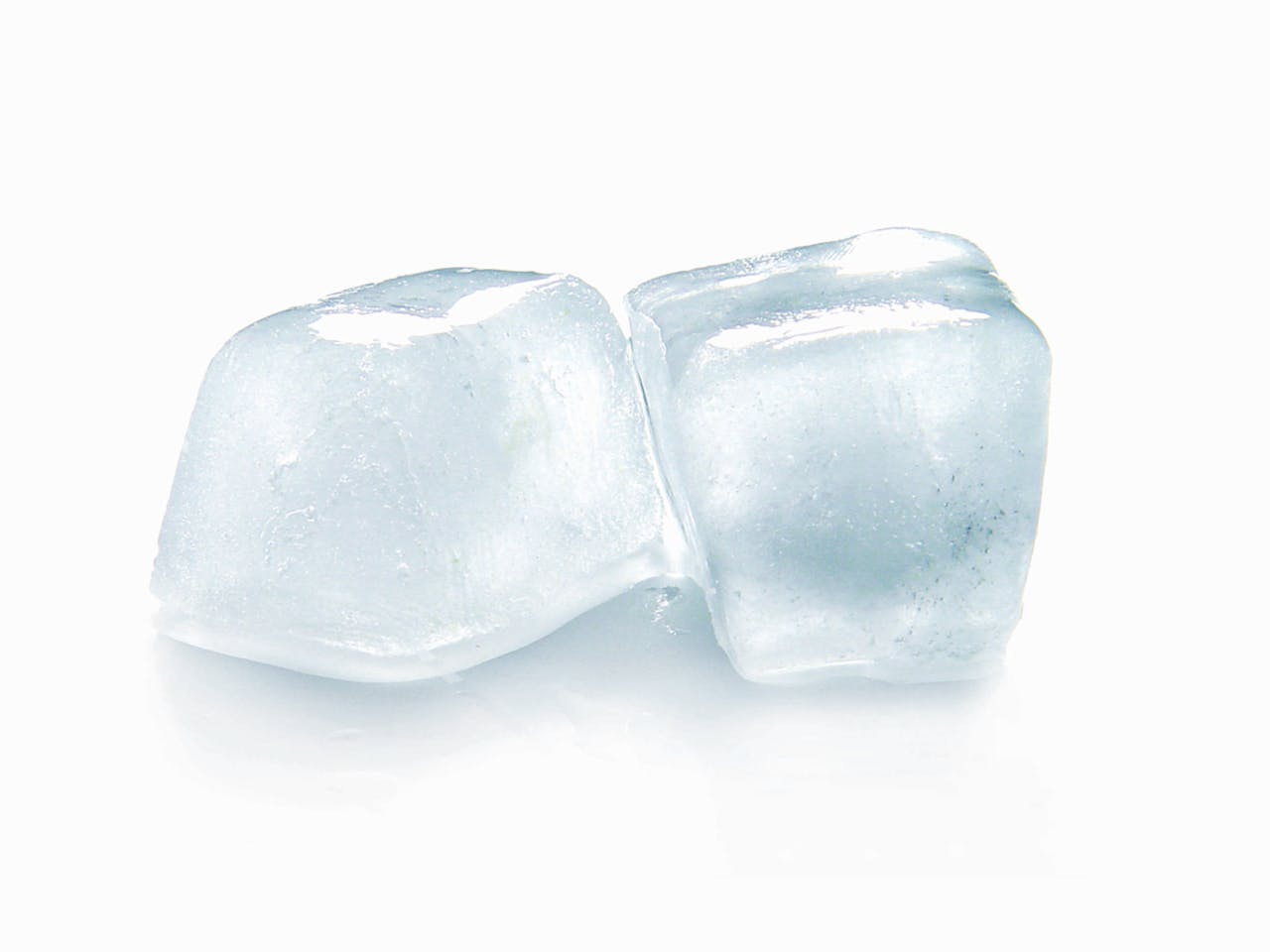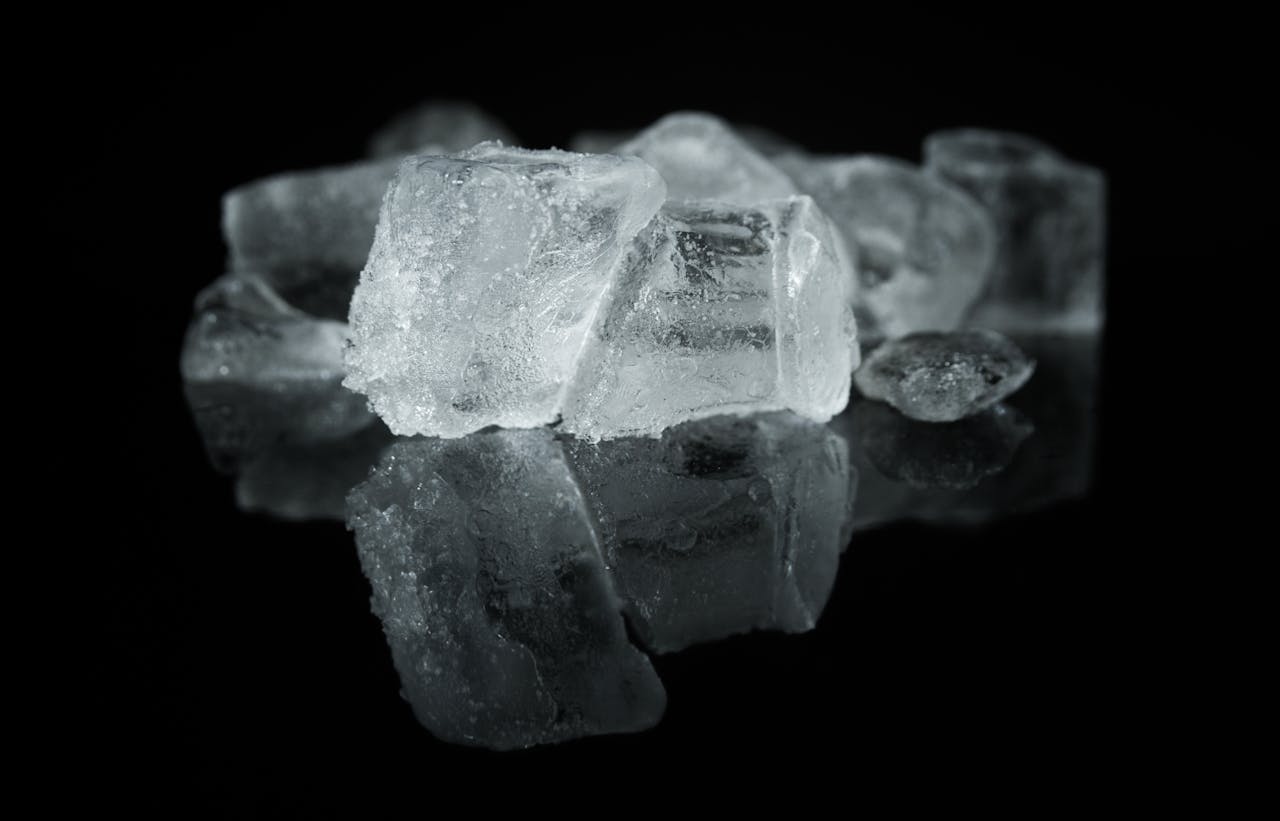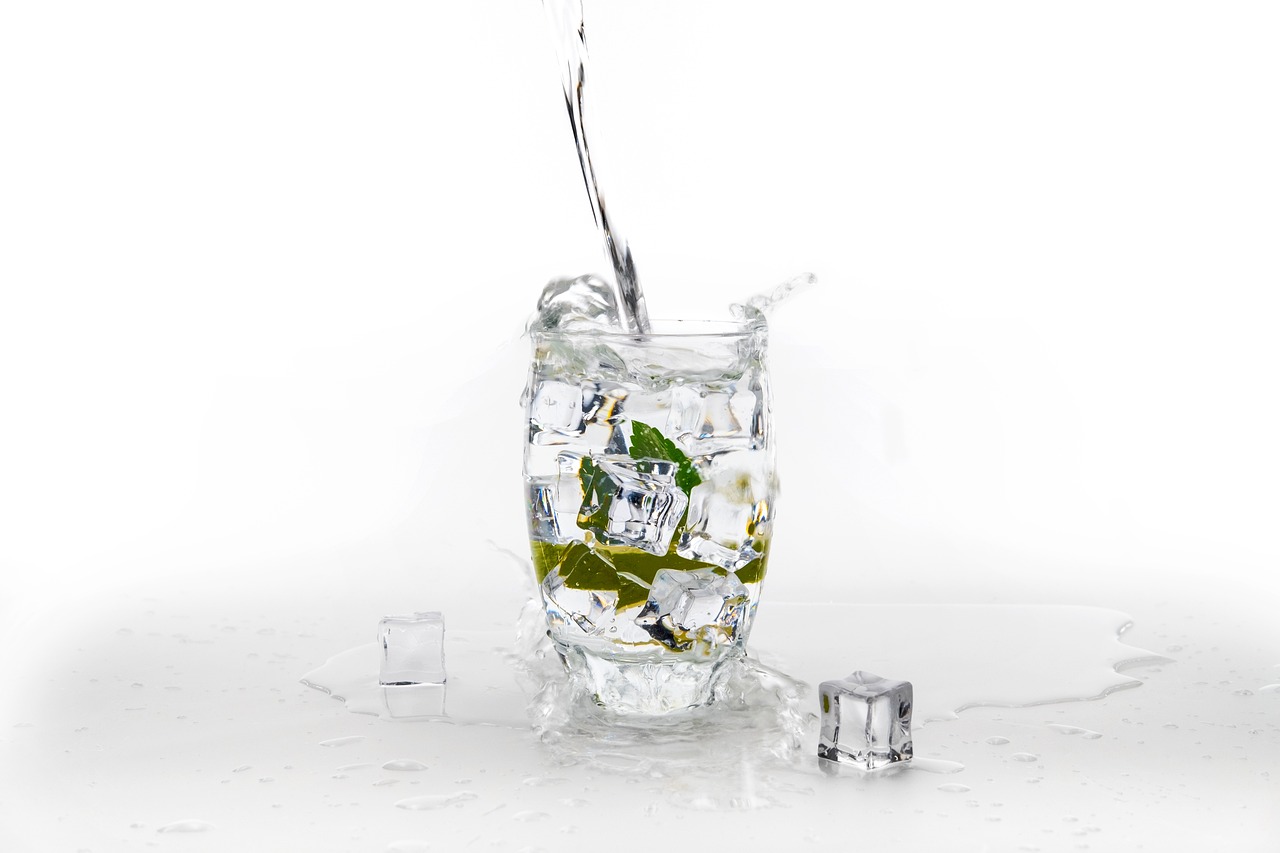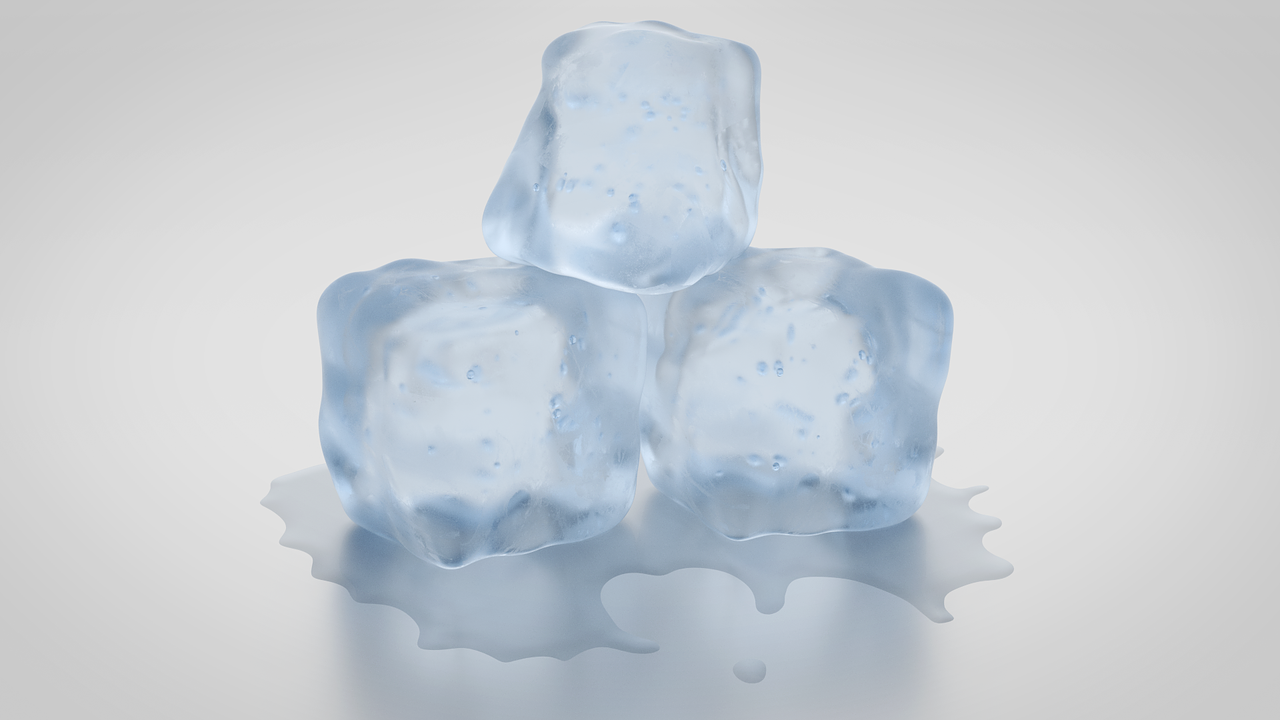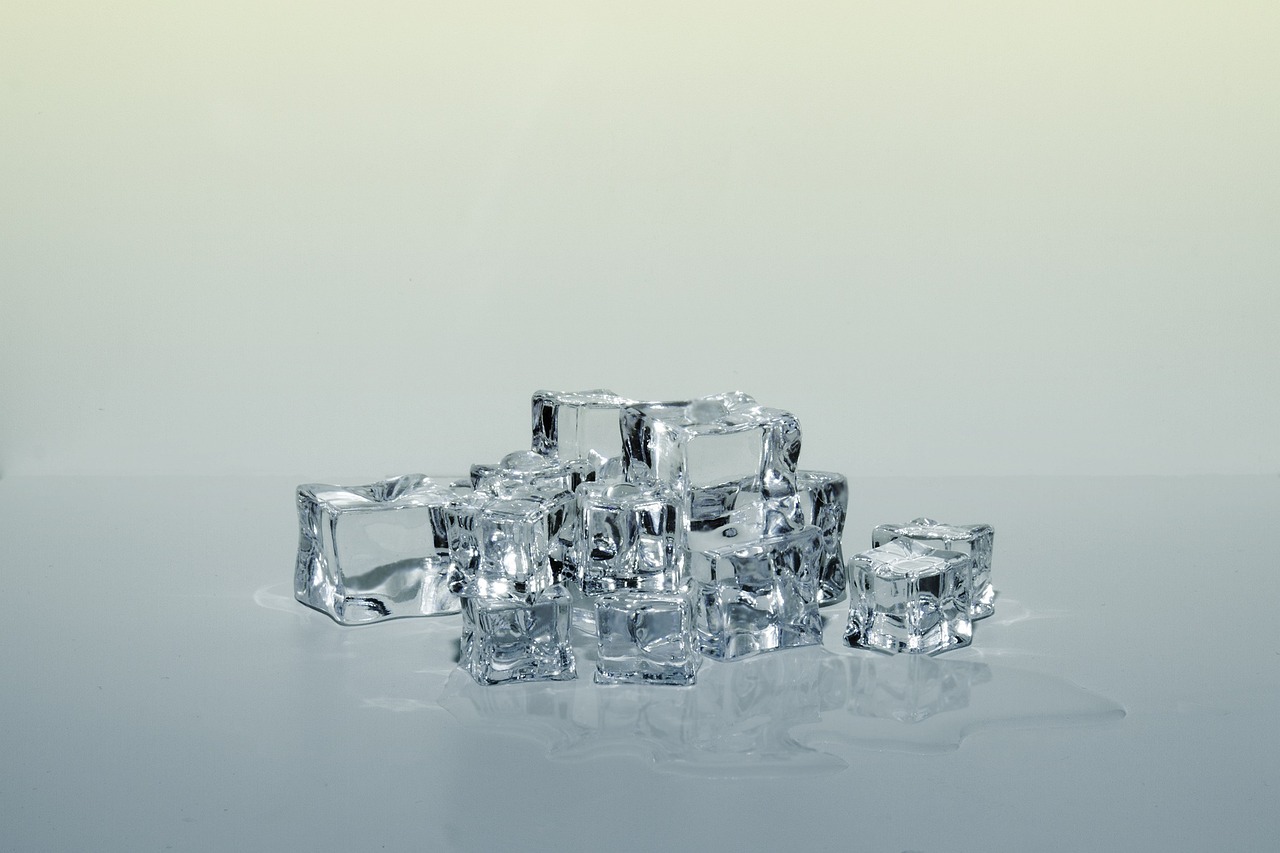Is your washing machine suddenly producing strange, unsettling noises? Don’t panic! Understanding why your washing machine is making these sounds can be the key to resolving the issue swiftly. Whether it’s a loud banging, squealing, or grinding noise, these unusual sounds can signal underlying problems that require attention. By identifying the source of the noise promptly, you can prevent potential breakdowns and costly repairs down the line.
If you’re wondering why your washing machine has taken on a new soundtrack, this post will guide you through the steps to diagnose and address these mysterious sounds. Stay tuned for practical tips on troubleshooting your noisy washing machine and restoring peace to your laundry routine.
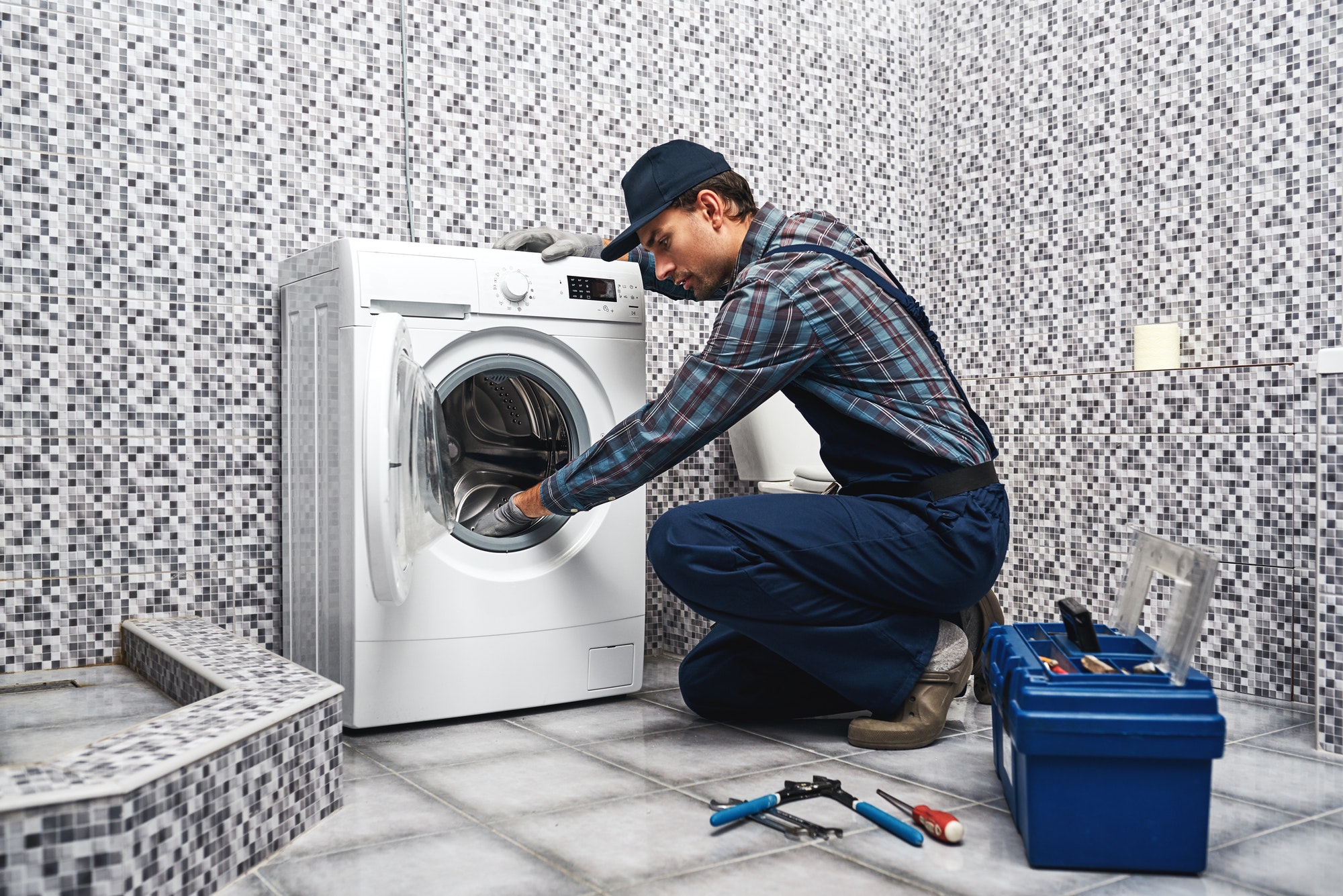
Decoding Washing Machine Noises
Types of Noises
Unwanted washing machine noises can be alarming, but they often indicate specific issues. Loading washing machines may produce various sounds, such as banging, rattling, or grinding. By understanding these washing machine problems, you can address them promptly.
When your washing machine emits loud banging noises, it might be an indication of an overloaded washing machine. This noise typically occurs when the washer load is unbalanced during the spin cycle. To resolve this, redistribute the laundry evenly inside the drum.
Grinding or scraping sounds in your automatic washing machine could signal a more serious problem. These noises are often caused by a malfunctioning component within the machine. In such cases, it’s advisable to seek assistance from a professional washing machine service firm.
Importance of Decoding Noises
Decoding washing machine noises is essential for maintaining the appliance’s longevity. Ignoring unusual sounds can lead to further damage and costly repairs. By promptly addressing washing machine noise, you can prevent more significant issues down the line.
Understanding the differences between various loading washing machine noises enables you to take appropriate action. For instance, if your washer is making a rattling noise, it could indicate loose parts inside the machine. Tightening or replacing these components can prevent further damage.
Maintenance Benefits
Regularly decoding unwanted washing machine noises allows you to identify potential problems early on. This proactive approach can extend the lifespan of your washing machine and save you money on repairs in the long run. Addressing issues promptly can prevent disruptions to your daily laundry routine.
Common Noises and Their Causes
Trapped Coins
Coins getting stuck in the drum can result in unusual noises during the washing cycle. The clinking sound may indicate coins hitting the drum walls, leading to loud noises.
When coins are accidentally left in pockets, they can slip out during the wash, causing a disturbance. To address this issue, check all pockets before loading clothes into the machine.
Scraping Sounds
Scraping sounds often stem from a foreign object caught in the drum’s holes or a loose item like a zipper. These weird noises can be alarming but are usually harmless.
If you hear scraping sounds, stop the machine immediately to prevent any damage. Inspect the drum for any foreign objects or loose items that may be causing the noise.
Faulty Door Seal
A worn-out or damaged door seal can lead to horrendous noises during the wash cycle. The seal is crucial for preventing water leaks and maintaining proper functioning.
Inspect the door seal for any visible signs of wear or damage, such as tears or cracks. Replacing the door seal can help eliminate unusual noise caused by its deterioration.
Unbalanced Load
An unbalanced load can cause the washing machine to produce excessive vibrations and loud banging sounds. This issue often occurs when heavy items are grouped on one side of the drum.
To prevent an unbalanced load, distribute clothes evenly around the drum before starting the wash cycle. This simple adjustment can reduce noise and ensure a smoother operation.
Overloaded Machine
Overloading the washing machine can strain its components, leading to loud noises and potential damage. When overloaded, the machine may struggle to spin properly, resulting in unsettling sounds.
Avoid overloading the machine by following the manufacturer’s recommended weight capacity for each wash cycle. By adhering to these guidelines, you can prevent excessive noise caused by overworking the appliance.
DIY Repairs for Noisy Washers
Necessary Steps
If your washing machine is making strange noises, there are several DIY repairs you can attempt before calling in an expert. Firstly, check for any unbalanced loads inside the washer. Unevenly distributed laundry can cause the machine to make loud banging sounds during the spin cycle.
Another common issue leading to unexpected washer noise is bad placement. Ensure your washing machine is on a level surface to prevent it from vibrating excessively and producing loud noises. You can use a spirit level to check if the machine is balanced correctly.
Conducting Repairs Safely
Before starting any repairs on your washer, always remember to unplug the machine from the power source. Safety should be a top priority when dealing with appliances. Once unplugged, you can start by inspecting the washing machine bearings for any signs of wear or damage.
If you suspect that the drive washer is causing the noise, you may need to remove the back panel of the machine to access and inspect this component. It’s crucial to follow the manufacturer’s instructions or seek guidance from reliable online sources when attempting DIY repairs on your washer.
Seeking Professional Help
While DIY repairs can be cost-effective, there are times when it’s best to leave the job to a washer repair specialist. If you are unsure about diagnosing the issue or lack the necessary tools for repair, it’s advisable to contact a professional.
Attempting complex repairs without the right expertise can lead to further damage to your washing machine, resulting in more costly repairs down the line. A qualified repair man will have the knowledge and experience to identify and fix the problem efficiently.
Pros of DIY Repairs:
-
- Cost-effective solution
- Empowering homeowners to take control of minor issues
Cons of DIY Repairs:
-
- Risk of causing further damage
- Lack of expertise in diagnosing complex problems
Dosage Tips for Different Loads
Adjusting Detergent
When dealing with different load sizes, it’s crucial to adjust the detergent accordingly. Using too much detergent can lead to excess suds, impacting the washing machine’s performance and causing strange noises. On the other hand, using too little detergent may not effectively clean the clothes.
Importance of Right Amount
To ensure optimal washing results and prevent unwanted noises, it’s essential to use the right amount of detergent for each load. Overloading the machine with detergent can result in poor rinsing, leading to residues that can contribute to noisy operations during the wash cycle.
Optimizing Detergent Usage
When to Upgrade Detergent Types
Signs to Watch Out For
Strange noises from your washing machine could be a sign that it’s time to upgrade your detergent. If you notice excessive suds or a residue build-up in your machine, it might be due to using the wrong type of detergent. These issues can lead to malfunctions and noisy operations.
Switching to a more suitable detergent can resolve these problems. Look for detergents specifically designed for your machine type, such as high-efficiency (HE) detergents for front-loading washers. These detergents produce fewer suds, preventing excess foam that can cause noise during the wash cycle.
Benefits of Upgrading
Upgrading to the right detergent type offers several benefits. Firstly, it ensures optimal cleaning performance, effectively removing dirt and stains without leaving residues behind. This results in cleaner clothes and prevents the need for additional rinse cycles that can contribute to noisy operations.
Moreover, using the correct detergent helps maintain your washing machine’s efficiency and prolong its lifespan. Reduced suds and residue mean less strain on the machine’s components, leading to quieter and smoother operation overall. By choosing the appropriate detergent, you can prevent unnecessary wear and tear on your appliance.
Choosing the Right Detergent
When selecting a detergent for your washing machine, consider factors such as your machine type, water hardness, and laundry preferences. Front-loading machines typically require HE detergents, while top-loading washers may work well with standard or high-efficiency options.
For hard water areas, opt for detergents formulated to tackle mineral deposits and prevent soap scum buildup in your machine. If you have sensitive skin or prefer eco-friendly products, look for hypoallergenic or plant-based detergents that are gentle on clothes and the environment.
Pros of Upgrading Detergent Types:
-
- Improved cleaning performance
- Extended lifespan of the washing machine
Cons of Using Wrong Detergent:
-
- Excessive suds and residue buildup
- Noisy operation during wash cycles
Troubleshooting Spin Cycle Sounds
Identifying Noises
Noisy spinning during the wash cycle can be unsettling, especially when your washing machine starts making strange sounds. Common spin cycle noises include rumbling and loud bangs, indicating potential issues that need attention.
Loud banging noises are often caused by an unbalanced load inside the washing machine. This imbalance can lead to the machine shaking violently during the spin cycle, creating disruptive sounds. On the other hand, rumbling noises might suggest problems with the drum bearings or suspension springs.
Troubleshooting Steps
To effectively troubleshoot spin cycle sounds, start by ensuring that the washing machine is on a stable surface. Make sure it’s level by adjusting the feet beneath the appliance. Check if the load inside the machine is evenly distributed to prevent imbalance issues.
Next, inspect the drum for any foreign objects like coins or small articles of clothing that may be causing the noise. These items can get stuck in the drum or pump, leading to unusual sounds during the spin cycle. Removing these obstructions can help resolve the issue.
If the noise persists, consider checking the drum bearings and suspension springs for wear and tear. Over time, these components can deteriorate, causing loud rumbling sounds during operation. Replacing worn-out bearings or springs can restore smooth and quiet operation to your washing machine.
Addressing Potential Issues
When troubleshooting spin cycle noises, it’s essential to address potential issues promptly to prevent further damage to your washing machine. Ignoring these sounds can lead to more significant problems down the line, impacting the overall performance and longevity of your appliance.
Regular maintenance and inspection of your washing machine can help prevent spin cycle noises from occurring. Cleaning the drum, checking for obstructions, and ensuring proper loading techniques can all contribute to a quieter and more efficient laundry experience.
Handling Drum and Agitation Noises
Identifying Issues
When your washing machine produces unusual noises during operation, the drum and agitation components are often the culprits. These sounds can indicate potential problems like drum bearing failure or damage to the wash drum itself.
Troubleshooting Steps
To address these issues, start by checking the wash drum for any obstructions or foreign objects that might be causing the noise. Inspect the drum thoroughly to ensure there are no loose items like coins, buttons, or hair grips that could be creating the disturbance.
Next, examine the drum rotates smoothly without any resistance. If you notice any difficulty in rotation, it could signify an underlying issue with the machine’s internal mechanisms. In such cases, referring to the appliance’s manual for guidance on testing and maintenance procedures can be beneficial.
If the problem persists after inspecting the tub and ensuring its cleanliness, consider reaching out to a professional repair service. They can conduct a more in-depth assessment to pinpoint the exact cause of the noise, whether it’s related to drum bearing failure, damaged components, or other mechanical issues.
Resolving Noise Problems
One effective solution for addressing drum and agitation noises is to schedule regular maintenance checks for your washing machine. This proactive approach can help prevent issues like drum bearing failure and prolong the lifespan of your appliance.
When purchasing a new machine, opt for models with advanced noise reduction features to minimize disturbances during operation. Investing in a high-quality washing machine can significantly reduce the likelihood of encountering loud noises associated with drum and agitation functions.
- Regular maintenance checks
- Invest in noise-reducing features
Solutions for Water Filling Noise
Check Inlet Valve
Inspect the water inlet valve for any clogs or debris that may be causing the unusual noise. Clean or replace the valve if necessary.
Adjust Water Pressure
Ensure that the water pressure going into the washing machine is at an appropriate level. High water pressure can lead to excessive noise during the filling process.
If you are experiencing water filling noise issues with your washing machine, it could be due to a faulty inlet valve. To address this, start by checking the inlet valve for any blockages or damage. If you notice any debris or clogs, clean the valve thoroughly. In some cases, replacing the inlet valve might be necessary to resolve the problem effectively.
Another common reason for water filling noise is high water pressure. Excessive water pressure can lead to vibrations and loud noises during the filling cycle. Make sure to adjust the water pressure to a suitable level to reduce noise levels and prevent any potential damage to your washing machine.
Remember to always follow the manufacturer’s guidelines when inspecting or replacing any components in your washing machine to avoid causing further damage. By addressing these issues promptly, you can enjoy a quieter and more efficient laundry experience.
Addressing Vibration and Banging
Check Pod Placement
When experiencing banging noises during your washing machine’s cycle, start by inspecting the pod placement. Ensure that the pods are correctly positioned in the designated area.
Inspect Bearings
Bearing issues can often lead to heavy vibration noises. To address this, examine the bearings of your washing machine for any signs of wear or damage.
Adjust the Machine’s Position
If your washing machine is making a banging c, it could be due to an imbalance caused by an uneven surface. Try adjusting the position of the machine to a level surface.
Balance the Load
One common reason for excessive vibration is an unbalanced load inside the washing machine. Make sure to distribute the clothes evenly to prevent unnecessary movement.
Regular Maintenance
Performing regular maintenance on your washing machine can help prevent issues such as banging noises and heavy vibrations. Clean the machine and check for any loose parts.
Professional Inspection
If you continue to experience problems with vibration and banging noises, consider seeking professional help. A technician can diagnose the issue accurately and recommend appropriate solutions.
Final Remarks
You’ve now decoded the mystery behind those strange washing machine noises. Armed with knowledge about common causes and DIY fixes, you’re ready to tackle any racket your washer throws your way. Remember to adjust detergent doses, upgrade types when needed, and troubleshoot spin cycle, drum, agitation, water filling, and vibration noises promptly. By following these tips, you can keep your laundry routine smooth and your machine running efficiently.
Don’t let those clunks and bangs disrupt your laundry day. Take charge of your noisy washing machine today and ensure it stays in top condition for the long haul!
Zuta Appliance Repair: Revitalizing Berkeley Homes with Premier Washing Machine Services
In the heart of Berkeley, CA, Zuta Appliance Repair stands out as your ultimate partner for maintaining the heart of your home. Understanding the crucial role your washing machine plays in daily life, we commit to delivering excellence in washing machine maintenance. Our services not only keep your clothes clean and your home running efficiently but also optimize your energy use. With Zuta Appliance Repair, you get more than a service; you get a promise of quality, honesty, and environmental stewardship, enhancing both your home’s functionality and your quality of life.
Experience comprehensive solutions to all your washing machine woes with Zuta Appliance Repair. Our specialized repair services promise to extend your appliance’s lifespan and reduce energy bills. Our skilled team, armed with unparalleled expertise and a friendly demeanor, provides cost-effective and environmentally friendly solutions. This isn’t merely about repairs; it’s about the peace of mind that comes with a seamlessly functioning home. Choose Zuta Appliance Repair for an enhanced lifestyle. Contact us now at (415) 592-4633 and let us ensure your washing machine remains a cornerstone of your daily life, offering convenience, efficiency, and tranquility.
Disclaimer
The materials available on this website are for informational and entertainment purposes only and not to provide legal or professional advice. You should contact your attorney or home improvement specialist to obtain advice concerning any particular issue or problem. You should not act or refrain from acting based on any content included in this site without seeking legal or other professional advice. The information presented on this website may not reflect the most current home improvement developments. No action should be taken in reliance on the information on this website. We disclaim all liability concerning actions taken or not taken based on any or all of the contents of this site to the fullest extent permitted by law.

